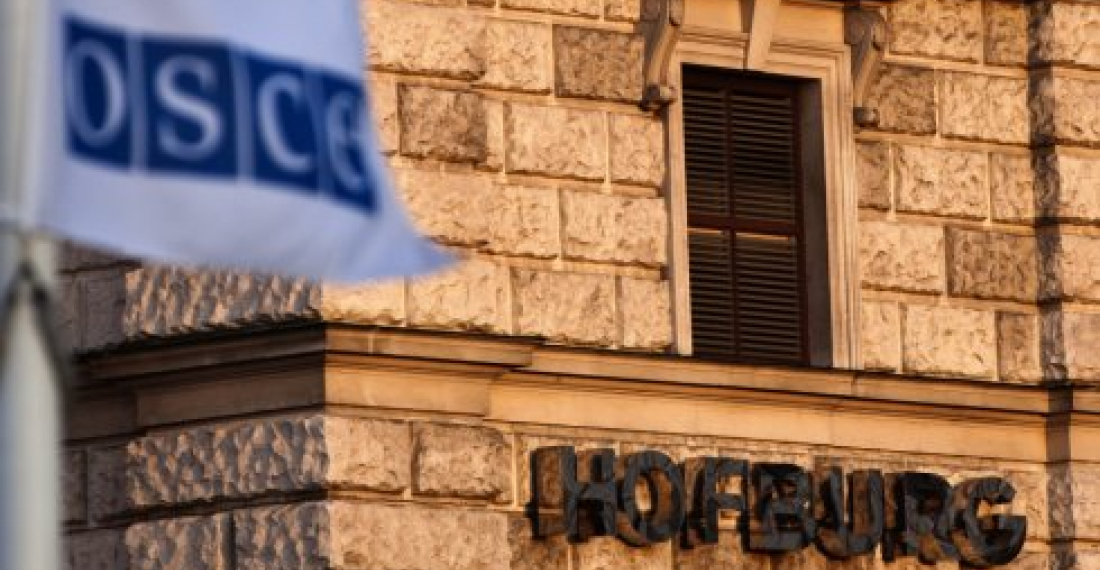The Foreign Ministers of the three countries that co-Chair the OSCE Minsk Process on Karabakh have issued a statement on the margins of the OSCE Ministerial meeting currently taking place in Vienna.
The statement says:
On the occasion of the OSCE Ministerial Council Meeting in Vienna, we the Heads of Delegation of the OSCE Minsk Group Co-Chair countries -- Foreign Minister of the Russian Federation Sergei Lavrov, U.S. Secretary of State Rex Tillerson, and French Permanent Representative Véronique Roger-Lacan -- remain united in our commitment to mediating a peaceful settlement of the Nagorno-Karabakh conflict on the basis of the core principles of the Helsinki Final Act, including the non-use of force or threat of force, territorial integrity, and the equal rights and self-determination of peoples. We reiterate our joint commitment to negotiating a peaceful resolution to this conflict as the only way to bring real reconciliation to the peoples of the region.
We welcome the resumption of high-level dialogue between the Presidents of Armenia and Azerbaijan in Geneva on 16 October, as well as the meeting between their Foreign Ministers that took place 6 December in Vienna, under the auspices of the Minsk Group Co-Chairs. We express satisfaction with the intensified negotiations, and appeal to the sides to focus their efforts on finding compromise solutions to the substantive issues of political settlement. Further delays will only complicate the situation and could call into question the commitment of the Parties to reach a lasting agreement.
With reference to the declared commitment of the two Presidents to take additional measures to reduce tension on the line of contact, we urge Baku and Yerevan to accept the expansion of the existing Office of the Personal Representative of the OSCE Chairperson-in-Office. Other decisions adopted during the Summits in Vienna and St. Petersburg in 2016 should also be implemented. We welcome the Parties' consideration of the Co-Chairs' proposals aimed at restoring people-to-people contacts between Armenians and Azerbaijanis, and support the International Committee of the Red Cross in its efforts to move forward with the exchange of data on missing persons. We encourage the Parties to avoid the unnecessary politicization of these important humanitarian steps.
Our countries remain ready to work closely with the Sides to reach a lasting and peaceful settlement. We have instructed our Co-Chairs to continue their mediating activities to promote compromises on the working proposals submitted to the Parties, but stress that the primary responsibility to end the Nagorno-Karabakh conflict rests with the leaders of Armenia and Azerbaijan.
source: commonspace.eu






